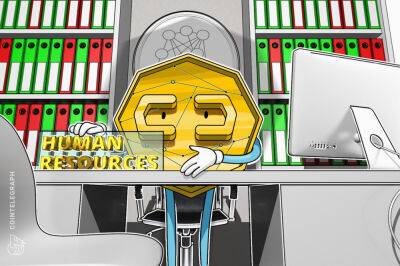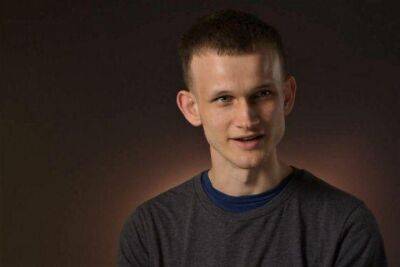Vitalik shows support for Optimism’s governance structure and OP gas proposal
Ethereum co-founder Vitalik Buterin has shown support for Optimism’s new governance structure, noting that proposals such as using the OP token for gas fees shows “explicit representation of non-token-holder interests.”
The Ethereum layer-2 scaling solution deployed the first round of its long-awaited OP token airdrop on June 1 as part of its new governance project the “Optimism Collective.”
Optimism’s new governance structure involves two parties dubbed the “Token House” and “Citizens’ House.” The former is composed of OP governance token holders and the latter consists of “soul-bound” non-transferrable citizenship NFT owners.
While it is unclear if Buterin is fully on board with a proposal from June 2 to utilize the OP governance token for gas fees, or just happy that such a discussion was taking place, he noted on Twitter today:
This is a great example of why I'm so proud of @optimismPBC for adding non-token governance (the Citizen House).Optimism explicitly has goals *other* than just "make OP go up", and the only way to do that long-term is with explicit representation of non-token-holder interests. pic.twitter.com/vofVVx53mC
The two parties mostly oversee different objectives with the Token House tasked with project incentives, protocol upgrades and treasury funds, while the Citizens’ House is focused on retroactive public goods funding.
The duo also share governance decisions on network parameters and granting new citizenships to the Citizens’ House, something which Buterin seems to appreciate in this instance.
According to Optimism, the number of citizens in the Citizens’ House will grow over time, and the “mechanism for distributing Citizenships will be determined by the Foundation with input from the Token House.”
Read more on cointelegraph.com





















